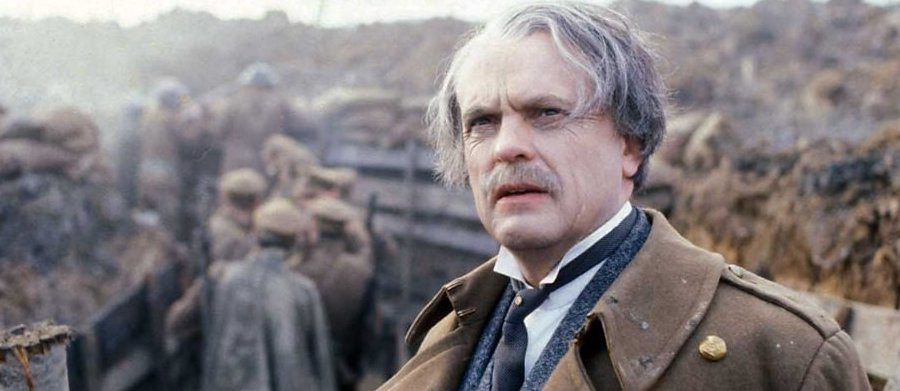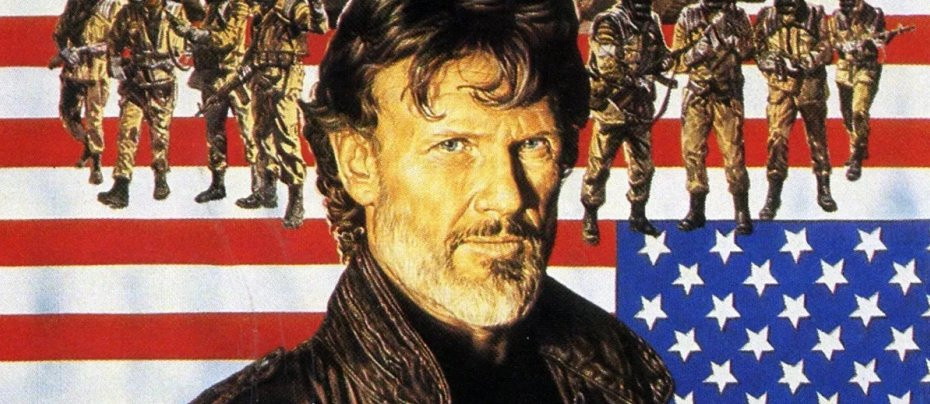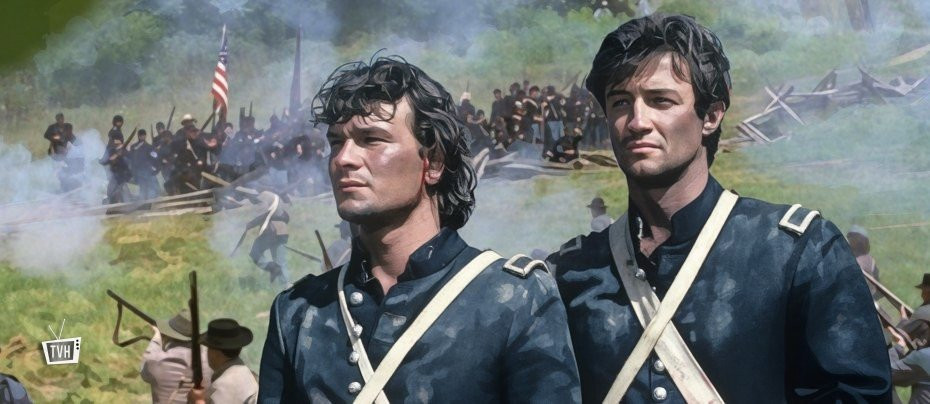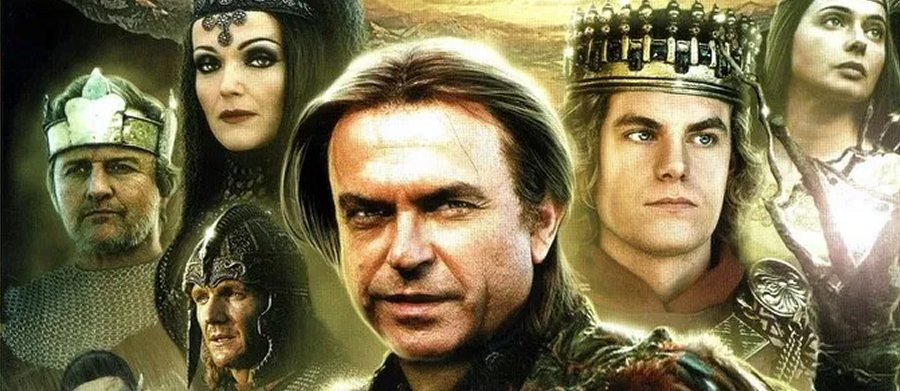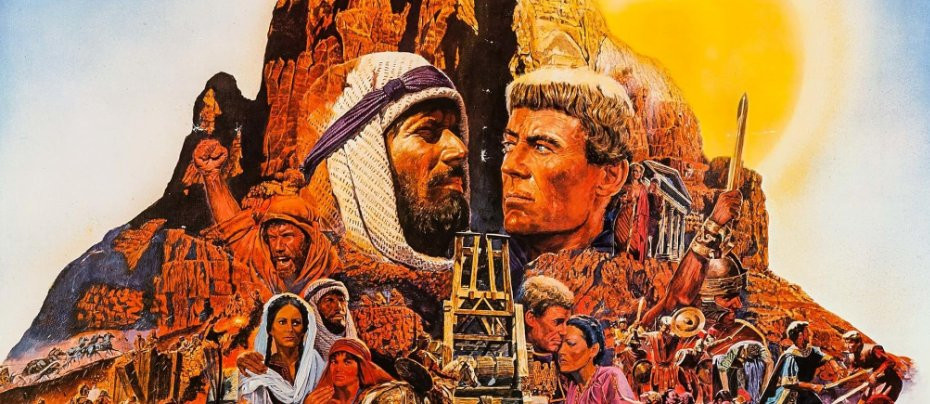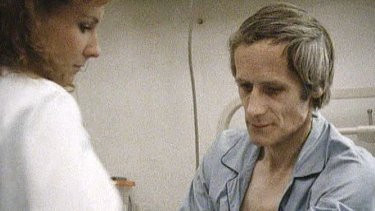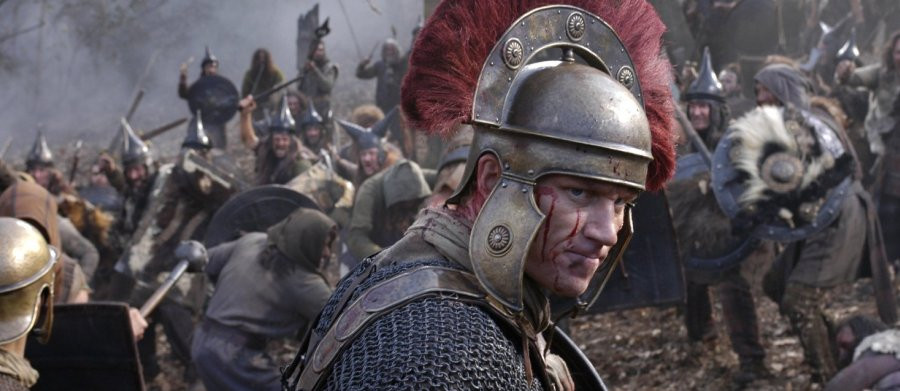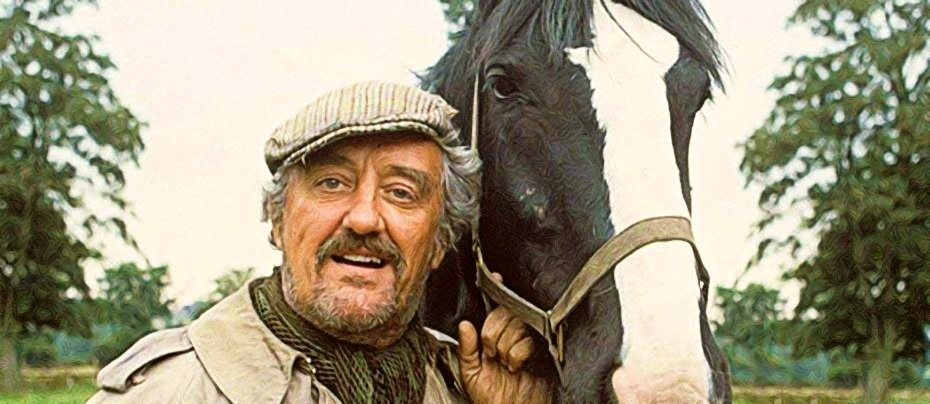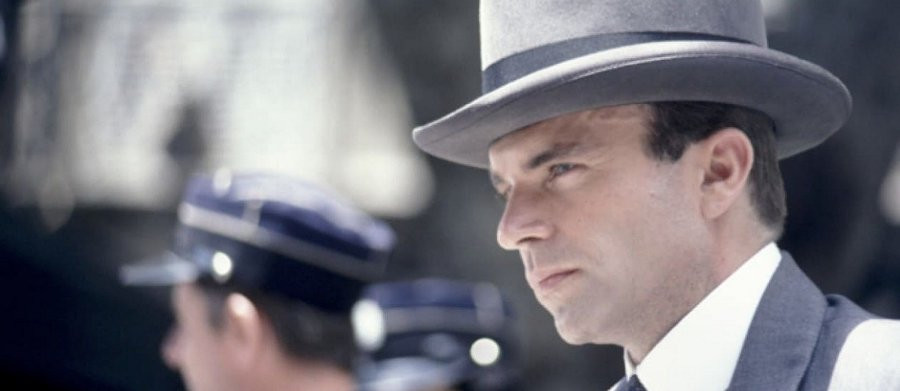
Reilly, Ace of Spies
1983 - United KingdomThe challenge for anyone adapting 'Ace of Spies,' Robin Bruce Lockhart's biography of the legendary British Secret Service agent Sidney Reilly, MC, is not so much deciding what to believe as deciding what to leave out because it is simply too unbelievable, even if it happens to be true.
Lockhart's father has given his name to "the Lockhart Plot," allegedly a serious attempt to overthrow Lenin soon after the October Revolution. The truth seems to be that Lockhart the Elder was an out of his depth young diplomat, mesmerised by Reilly, who was actually running his own game, and who was in turn probably being played by Feliks Dzerzhinsky, the head of "the Cheka," Lenin's fearsome secret police. Reilly seems to have had a similar mesmeric effect on Lockhart the Younger, who has a definite inclination to hero-worship him.
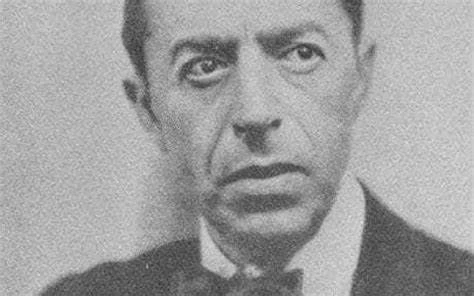
Yet, even if one accounts for that bias, and ignores some of the more romantic stories about Reilly - as spoilsport historians insist we should - there is no denying that Reilly had two related gifts, the ability to push himself forward, and the ability to be in the right place at the right time. That is why his name tends to get dragged into every conspiracy theory and spy plot from around the start of the Twentieth Century through the Great War to his mysterious disappearance in Soviet Russia in the mid-1920s.
This was the Golden Age of the British Secret Service under Sir Mansfield Smith-Cumming, the original "C" - the model for Ian Fleming's later "M." If the writings of John Buchan, Sir Compton MacKenzie, and Somerset Maugham about this period seem far fetched, just remember that they all worked with or for "C." The swashbuckling memoirs of Sir Paul Dukes, Frederick Marshman Bailey of Tashkent, and Lockhart the Elder himself confirm that the "Gentleman Spy" was no fiction in those formative years of British Intelligence, and Reilly was generally seen, and saw himself, as the ideal.
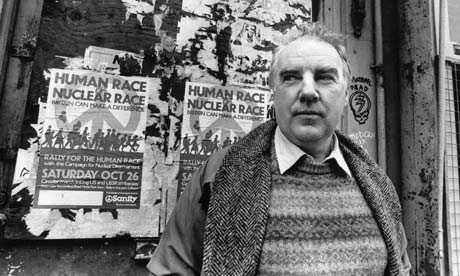
A truly accurate dramatisation might therefore have come across as ridiculous. Happily, the adaptation of Reilly Ace of Spies was put into the safe hands of Troy Kennedy Martin, one of the most talented of a very talented generation of British television writers active from the 1960s into the the 1980s. Elder brother of Ian Kennedy Martin of The Sweeney fame, Troy was soon to go on to even greater glory as writer of the masterly Edge of Darkness.
Avoiding legends such as the one that has Reilly saving the life of a British explorer in the Amazon, and his supposed infiltration of the German General Staff during the Great War, Kennedy Martin concentrated on about half a dozen stories that might, just might, have some basis in fact.
These include, in addition to the Lockhart Plot, his work for the Japanese during their war with Russia, his theft of German industrial secrets in the build up to the Great War, his rivalry with the international arms dealer Sir Basil Zaharoff, and his dealings with "The Trust," an opposition group in Russia which was in reality a front set up by the fiendish Dzerzhinsky.
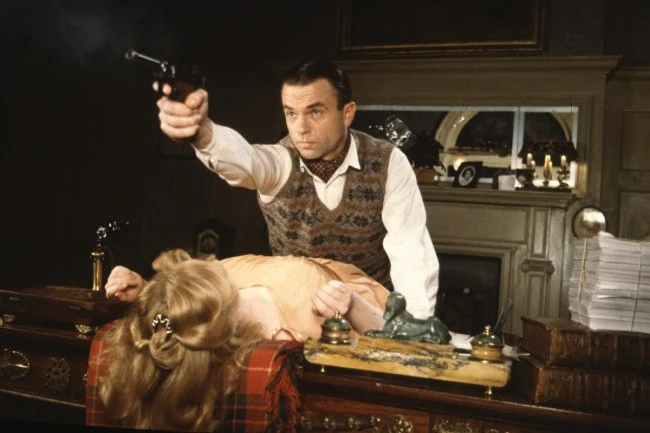
Even so, some liberties are taken with known facts. For example, three women are shown as being shot by the Cheka in a moving scene which is evidently composed to reference the Crucifixion. Yet one of the three seems to be based on a woman who, in real life, may well have been working for the Cheka, and who certainly survived and went on to become the mistress of Gorky and H G Wells: the British politician Sir Nicholas Clegg is her half sister's great grandson.
In his breakthrough role, Sam Neill is perfectly cast as Reilly, a subtle combination of leading man looks and a shifty manner. Reilly was not, in fact, that good looking, but he had a strange ability to charm people, especially women, at least when he wanted, and Neill gets his ambiguity just right.
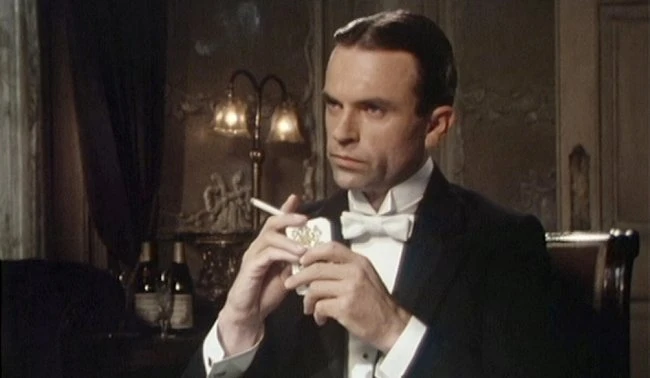
The supporting cast is epic. Whether or not it was intended as such, it is now one of those "spot the familiar face" productions. There are no weak links. That versatile veteran Norman Rodway portrays "C" as the larger than life character he was. Tom Bell, Kenneth Cranham, and David Burke are historically credible as Dzerzhinsky, Lenin, and Stalin respectively. Clive Merrison hits a poignant note as Savinkov, a man who wants to be the saviour of his country but is obviously not in the same class as the big players. Look for David Suchet and John Rhys-Davies in relatively minor roles as secret policemen foiled by Reilly.
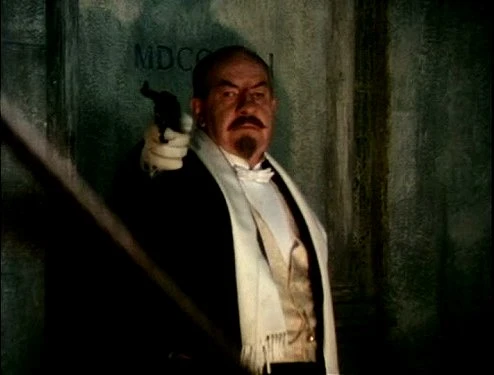
As usual, the great Leo McKern, playing Zaharoff, steals every episode in which he appears. Zaharoff was in fact a respected businessman, an agent for Vickers and a noted philanthropist, but here he is presented as a supervillain straight out of Buchan or Fleming. Curiously, that is how Soviet cinema portrayed Reilly himself.
The production values and sense of period are immaculate. Someone put real effort into getting the props and the set dressing right. A lot of money was spent and it shows, especially on location in the early episodes.
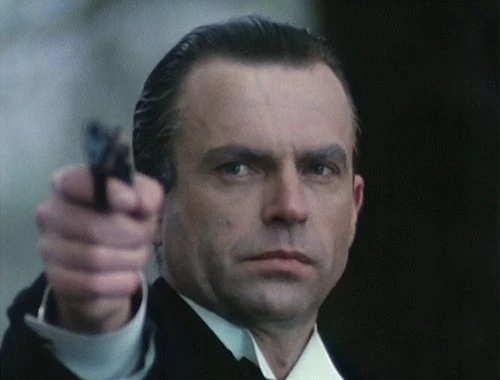
The final touch of authenticity comes from the music, which "borrows" its main theme from Shostakovich's suite 'The Gadfly.' This suite was based on a novel whose protagonist was supposedly based on the young Reilly - who was, it seems, er, acquainted with the lady author. For many years that was another of the Reilly legends debunked by those know-it-all historians. However, in recent years, long after the series, evidence has come to light suggesting it might have a solid foundation on fact.
Are there other things in the series - or left out as apparently too incredible - that might be more accurate than even Kennedy Martin imagined? After all, Dumas never realised how much of his source material for 'The Three Musketeers' was true. The point is that, with Sidney Reilly, one can never be sure.
Seen this show? How do you rate it?
Seen this show? How do you rate it?
Published on November 15th, 2019. Written by John Winterson Richards for Television Heaven.


